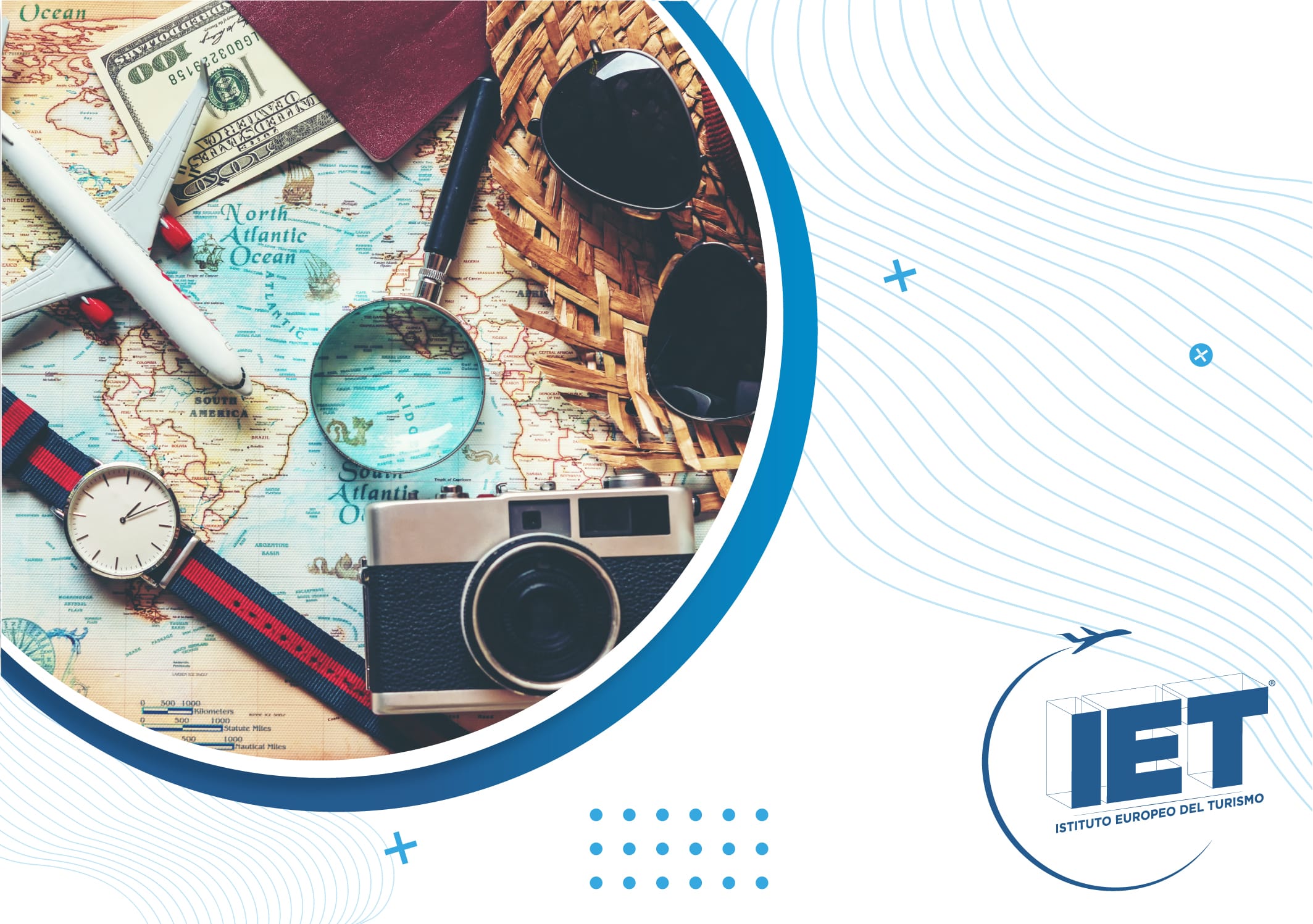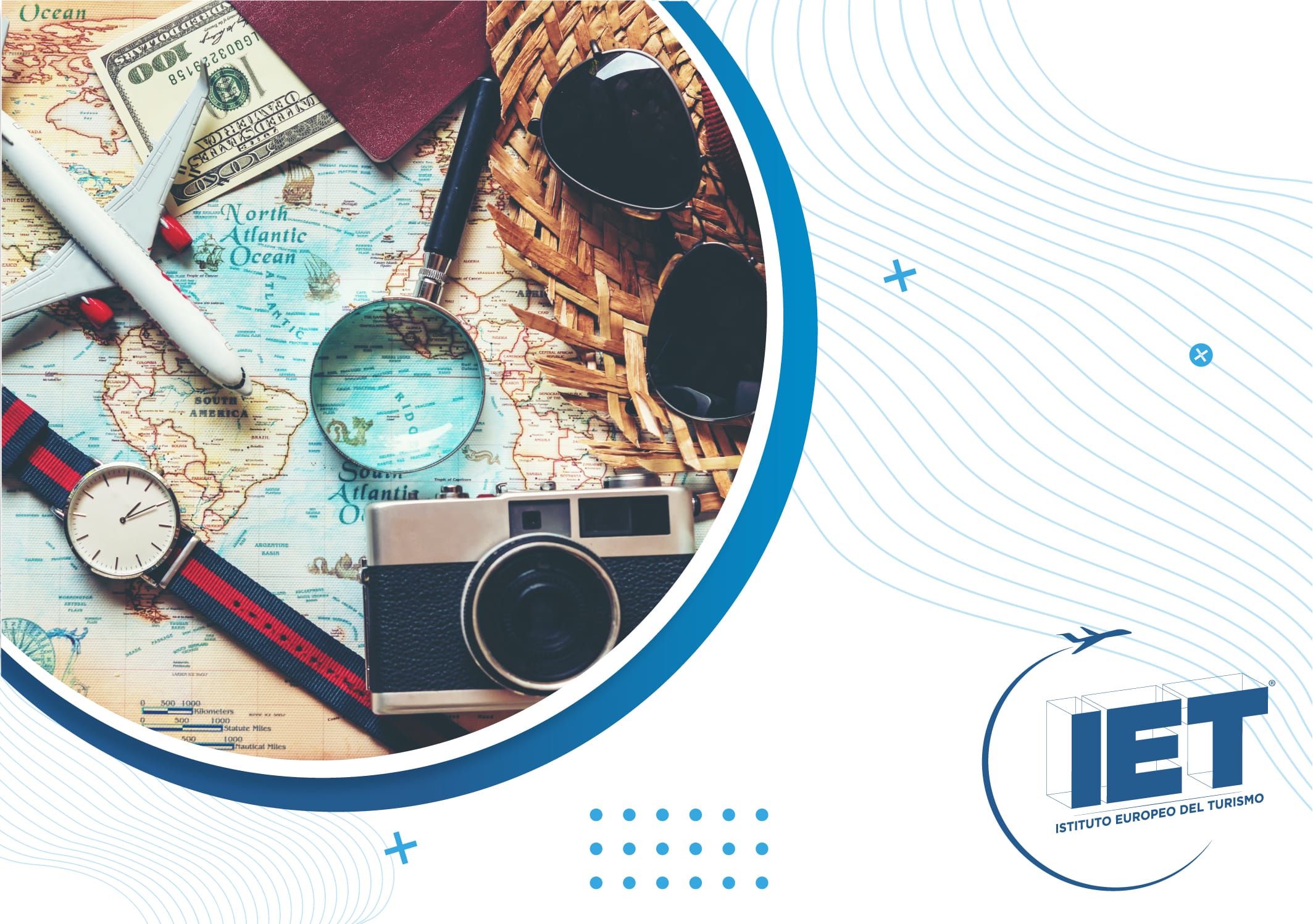


Master in Social Media Management and Tourism Web Marketing
The Social Media Manager is a communications professional whose professionalism and skills are required by communications agencies, web agencies, tourism companies, marketing departments of companies and businesses operating in the tourism sector, public administrations, foundations, tourism promotion and enhancement bodies, LAGs and Pro Loco.
Who is it addressed to?
This training course aims to create future tourism professionals in the field of online communication and social media marketing. The cross media approach of the course includes the study of the destination marketing and responds to a new tourist demand, which requires the adoption of a new language and strategies that make the best use of all the tools that the web makes available. Lectures will alternate with the analysis and study of case history.
The Social Media Manager is a professional figure in the tourism sector, born with the advent of information technology and its ever-increasing importance in the constantly evolving tourism sector.
Tourism and the Web
The web has therefore become fundamental in the travel and tourism sector, and now every moment of travel organisation is marked, from departure to stay, from stay to return, by the use of tools and instruments that are increasingly oriented towards telling and sharing the story of the journey for web users.
The figure of the Social Media Manager is increasingly finding its place within companies, including the tourism sector, being a figure that encompasses the skills of a communication professional and especially of new communication with those of an all-round tour operator.
The programme
- The tourist 2.0: new trends, the tourism market and demand, introduction to destination marketing;
- The analysis of the territory, the integrated communication plan, the marketing strategy;
- Multi-channel content marketing: creation, selection and management of content, blogs, social networks and websites;
- The social media of tourism: Facebook, Instagram, Pinterest and YouTube;
- Language and tone of voice for each channel, tourism storytelling and blog trips;
- Search engines: writing SEO oriented content;
- Telling a destination on the web;
- Tourist English module;
- Destination marketing strategies: the tourism marketing plan;
- The new era of the Experience economy;
- Communication through social media;
- Tourism and social networks: target analysis, editorial plan, content planning, how to talk to tourists;
- ADV and sponsored campaigns on Facebook and Instagram;
- E-mail marketing strategies: communication plan and newsletter;
- Measuring and evaluating results;
- Seo concept;
- Videos as a tourism promotion tool: viral ideas to boost a destination's reputation
- Analysis of case history;
At the end of the master's course, participants will follow a 200-hour internship period in communication agencies, web agencies and marketing offices of companies and companies operating in the tourism sector, in order to put into practice and deepen all the knowledge and notions learnt during the classroom training period.

The training project
Preparatory phase: individual study of preparatory texts + activation Go Fluent English language training platform 3 months
Classroom phase: 48 hours of classroom lectures
Project work phase: Trainees will be given the task of devising and drafting a marketing strategy and a social media plan, applied to the identified tourist destination, starting from a market analysis.
Internship phase: 200 hours at the Institute's partner communications agencies
Disclosure of professional profile to companies in the sector
#paginadocenti {display: none !important}
Teachers
